
Ep 31 – Advances in Protective Packaging Solutions with Pavan Kumar
In conversation with Dr. Rangaprasad on Packaging Talks, Pavan Kumar, Business Unit Manager, Storopack India Pvt Ltd, discusses about Advances in Protective Packaging Solutions. In

In conversation with Dr. Rangaprasad on Packaging Talks, Pavan Kumar, Business Unit Manager, Storopack India Pvt Ltd, discusses about Advances in Protective Packaging Solutions. In
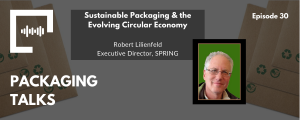
In conversation with Dr. Rangaprasad on Packaging Talks, Robert Lilienfeld, Executive Director of SPRING, discusses various facets of Sustainable Packaging & the Evolving Circular Economy.
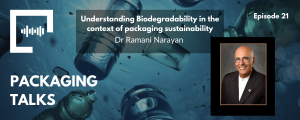
In this Episode of Packaging Talks, Prof Ramani Narayan provides a masterclass on biodegradability of polymers and specifies the paramaters which need to be looked into while making while making this material choice. Join this episode to join a rigorous discussion on plastics and its biodegradability !
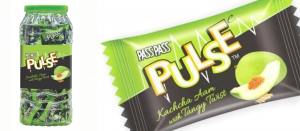
In the last couple of decades consumerism has increased at an alarming pace and so has the quantum of waste; which has led to serious waste management issues. Reuse of materials and waste utilization is not widely prevalent in the production-consumption cycle.

Sustainable approaches to living in a modern society that reduce the rate of consumption of resources and the consequential impact on the planet are the
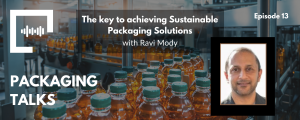
On this Episode of Packaging Talks – The key to achieving Sustainable Packaging Solutions, we are excited to be in conversation with Ravi Mody, An
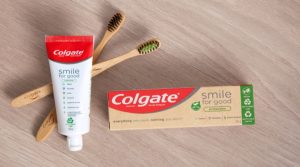
Colgate-Palmolive has revealed the nation’s first recyclable toothpaste tube – the result of five years research – and immediately offered the technology to rival companies to help reduce landfill waste. Colgate Smile for Good plastic tubes use high-density polyethylene (HDPE), classified as recyclable by the Australasian Recycling Label Program of the Australian Packaging Covenant Organisation (APCO). It can be disposed of at kerbside plastic recycling bins.

In this exclusive conversation with Dr.Rangaprasad, Mr.Jeevaraj Pillai, Joint President, Packaging Business & New Product Development U Flex Ltd, provides insights about the current technology

Students of Govt. Senior Secondary School, Kasumpti will soon return to their classrooms with brand new desks which are beautiful, sturdy and carry an important message – the power of recycling. Tetra Pak India, together with the Shimla Municipal Corporation donated 20 desks today in the presence of Honorable Shri Suresh Bhardwaj, Minister- Urban Development, Town & Country Planning. The desks are made from recycled carton packages, and the donation is part of Tetra Pak’s ongoing efforts to raise awareness about waste segregation and recycling.
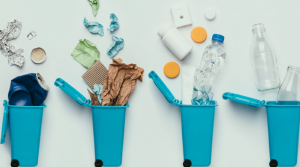
In our world today, there is a growing plastic waste problem, and solving it is a major challenge. Plastic waste pollutes the marine ecosystem and devastates ocean environments. All companies using plastic (resins) need to change the way they do business. That’s where an important shift comes in – a change from the environmentally damaging business cycle of production-consumption-disposal to the sustainable cycle of production-consumption-collection-recycle. We promote material recycling that involves the re-use of plastic waste. A key shift is also occurring in bioplastics, which helps to lower our carbon footprint and reduce our dependence on fossil fuel resources.
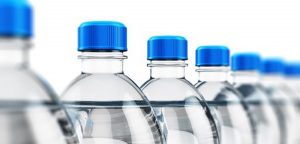
EcoBlue has been working to develop rPET grade suitable for food contact applications over the past few years. The company have received a Letter of No Objection from US FDA for rPET for food contact use. Being a part of the recycling industry over these years and also working on developing rPET grades suitable for food contact, has given EcoBlue a first-hand experience of the various elements at play in the recycling industry in the region.
Pranay Jain shares his insights with other stakeholders involved the pertinent factors that he feels have an influence on improving circularity of plastics in Asia.
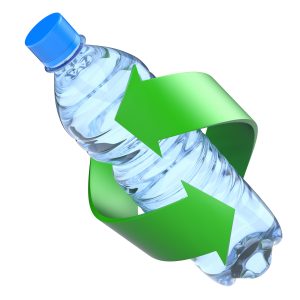
PET bottles containing post-consumer recycled material will soon be the norm, not the exception. European Union law says that from 2025, PET beverage bottles will have to contain at least 25 % rPET (calculated as an average for all PET bottles placed on the market within any member state). That figure will rise to 30% from 2030. Similar pieces of legislation are being introduced in other regions of the world too.